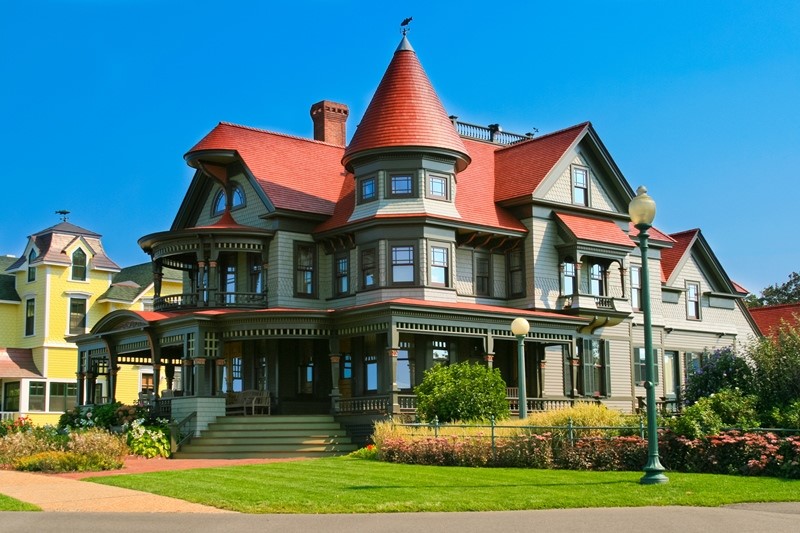One of the greatest benefits to owning a historic home is the history that is contained within the home itself. Each historic district will likely have strict guidelines and regulations, and probably a special committee who will oversee the restoration of a certain home in their district. However, there are both advantages and disadvantages to owning an historic home.
Experienced Realtor
Before purchasing a historic home, you should consider finding a realtor with experience specifically dealing with older homes since there will be unique issues at times. Having someone who understands the process and potential pitfalls can prove invaluable. Some areas are rich with historic homes, such as Greenville, South Carolina. Finding a Greenville real estate agent, who specializes in historic homes would definitely be a plus.
Tax Incentives
One of the lesser-known advantages to owning a historic home is the potential tax incentives that may be available to you. You can often pay little to no taxes on the property. This is done due to the well-known costs associated with historic property restoration. The fact that it can be very expensive means that some people would shy away from such n endeavor. However, the federal, state, and city governments would rather that not happen. They want people to restore and maintain these homes due to the history behind them as well as their esthetic appeal. For these reasons you will pay lower property taxes when you own a historic home than you would if you owned a modern house.

Renovation and Maintenance
One of the other pros to owning such a house is the preservation efforts that are included with the house itself. Because of the historical value that is contained in the home, historic districts will take on more maintenance than a modern house would require. However, this maintenance can be very costly, especially since historic homes tend to be older and have many of the same problems associated with age such as decay and pest infestation. Another disadvantage to owning historic homes is that there may not be many historic districts in your area, meaning that you may have to travel farther to find a home that is similar to what you are looking for. This can be very inconvenient.
There are also pros and cons to the decisions that you make regarding historic preservation and renovation. Although the cost of such renovations can be significant, you should weigh the cost of upkeep against the value of the home itself. If you plan on keeping the property as is, you may only need to spend a few thousand dollars on regular repairs or renovations. If you do decide to get some work done, however, you will need to make sure that you hire professional contractors with plenty of experience with restoring older homes, because doing some of the work can open you up to a whole new series of problems that you are not equipped to deal with. Having a professional contractor to help you with these repairs can make a huge difference in the final price.
Insurance
One big disadvantage to historic home ownership is the potential costs of insuring the property getting out of hand. It makes sense after all. Since the insurance companies know the high expense of repairing older homes and even certain maintenance issues causing a problem, they don’t want to be on the hook for those costs. So the insurance rates for those historic homes can be significantly higher than that of a newer home. So if you do choose to buy a historic home, be sure to do your due diligence to find cheap homeowners insurance.
Historical Societies
Some historic districts are actually managed by historical societies that preserve the homes and maintain all of the amenities. These organizations can provide advice on how to handle the upkeep of your property. In many cases, they can even provide you with recommendations on local contractors that are competent in handling historic renovations. Because the costs are so high when it comes to repairing an older home, it is often better to get the services of a professional organization rather than attempt to tackle the task on your own. This way, you can rest assured that the job will be done properly and with care.
As you can see, there are plenty of pros and cons associated with purchasing historic properties. Although they may come at higher prices, they may be well worth it in the end. You should always take the time to research the area in which you live so that you can determine whether or not a specific historic district is a good investment. It can be a fun and exciting experience to own a piece of history.
